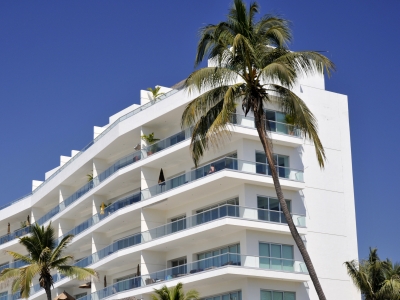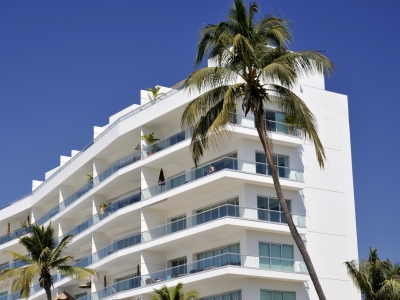 As tourism numbers swell in Thailand year on year, proving repeatedly that Thailand has room for tourism growth, the branded hotel operators continue to search for financially viable land and property projects that could be another revenue earning pin on their maps for South East Asia.
As tourism numbers swell in Thailand year on year, proving repeatedly that Thailand has room for tourism growth, the branded hotel operators continue to search for financially viable land and property projects that could be another revenue earning pin on their maps for South East Asia.
Whilst on one side, the branded operators search, on the other side, local owners evaluate the pros and cons of allowing their asset to be managed in a particular way, bound by contract, with a revenue share contingent on the performance of the branded operator, and market conditions.
This means, effectively, that a contract between an ‘owner’ of an asset, and the branded operator, cannot really be just a simple unsophisticated contract. There is a common understanding in the hospitality sector as to what forms these documents will generally take, although each operator has its own variations on the same theme:
1. A Hospitality Management Agreement – the main contract between the asset owner and the operator
2. A Technology Licensing Agreement – hiving off the technological aspects of the arrangement, with a split distinct payment for such services
3. A Brand Licensing Agreement – again separating fees for licensing from the main accounting structure of the Hotel Management Agreement
Lots of companies, consultants and third parties have some experience on handling these documents. However, ultimately, such contracts do need to be handled with regards to local laws and regulations which govern the parties in the agreement and the assets which are the subject of the contract.
In order to properly conduct a hospitality management agreement negotiation, we have the following key recommendations as an overview:
1. Try to involve lawyers in the information regarding the tender of the asset to operators. At least let the lawyers know that a tender is in process, so they are in the picture and can contribute, without racking up unecessary fees simply through observing
2. Introduce your consultants to your lawyers; accountants and advisers, so that a team approach is adopted as soon as reasonably possible. Different disciplines may have different opinions about aspects of the agreements – which is acceptable, but they manner in which the opinions are expressed and shared should be with a view to the overall goal of a satisfactory secure transaction
3. Set a timeframe for the first draft of contracts, comments on contracts, comments back, meetings which will be necessary at the least by conference call, and the finalisation process for the contracts
4. Ensure that the commercial goals of the operator and owner are set out clearly at the beginning, to avoid transaction ‘drift’ later
5. If the assets are part of a program in which third parties will have an interest – such as a sale and leaseback with rental program or hospitality progam, then identify the assets clearly and how they will be divided. Good property and hospitality sector lawyers will always have to hand a Master Plan of the assets, and will explain how the common areas; plots of land and any other unique parts of the property should be legally structured
These are just a few pointers relating to Hotel Management Agreements and the related transaction.
Our Senior Partners remain available to discuss with those potentially entering into such transactions, or their consultants, these issues in more detail.








